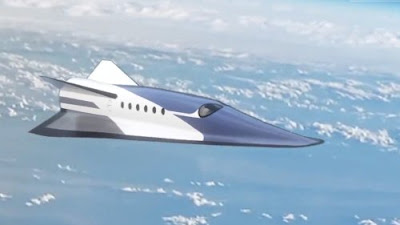Next Generation Plastic
Fully Recyclable
Plastic Debris
There are an estimated 5.25 trillion pieces of plastic debris in world oceans. Of that, 260,000 tons float on the surface, while 4 billion plastic microfibers per square kilometer liter the deep sea. Plastic is a big environmental problem. So, it's great news that a team at Berkeley Labs has developed a new form of plastic that is 100% recyclable. Most plastics are not fully recyclable Additives and fillers contained in them disrupt the process.
PDK
The new plastic material PDK or Polydiketoenamine can be broken down to the molecular level and then reassembled with no degradation in quality. The differentiator with PDK is that it's composed of reversible bonds. Common plastic is composed of tightly bound molecular bonds.
Next G Plastic
When placed in acid, PDK's bonds release, allowing the original monomers to be recovered and recycled for reuse and the additives are left behind. This next generation of plastic was just announced by Berkeley Labs. For more news stories on innovations impacting the environment, go to amazon.com/author/ekane for a free borrow or sample read of "List of Top New Environmental Innovations" ASIN: B07MNJL5J1
 |
| Source: Stock Image of Ocean Plastic Debris |
There are an estimated 5.25 trillion pieces of plastic debris in world oceans. Of that, 260,000 tons float on the surface, while 4 billion plastic microfibers per square kilometer liter the deep sea. Plastic is a big environmental problem. So, it's great news that a team at Berkeley Labs has developed a new form of plastic that is 100% recyclable. Most plastics are not fully recyclable Additives and fillers contained in them disrupt the process.
PDK
The new plastic material PDK or Polydiketoenamine can be broken down to the molecular level and then reassembled with no degradation in quality. The differentiator with PDK is that it's composed of reversible bonds. Common plastic is composed of tightly bound molecular bonds.
Next G Plastic
When placed in acid, PDK's bonds release, allowing the original monomers to be recovered and recycled for reuse and the additives are left behind. This next generation of plastic was just announced by Berkeley Labs. For more news stories on innovations impacting the environment, go to amazon.com/author/ekane for a free borrow or sample read of "List of Top New Environmental Innovations" ASIN: B07MNJL5J1



Comments
Post a Comment